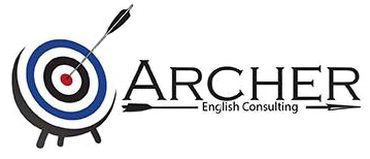I believe that one good thing leads to another. At the end of my third year of undergraduate degree in electrical engineering, my friend Fahad and I were part of the team that won the biggest robotics competition in Pakistan. Ironically, we only participated in the competition because it was a requirement of our course. However winning led us to have a particularly strong interest in robotics.
The problem was that we couldn’t find an appropriate professor who could supervise us for our final year project since our university did not have a specialized robotics program or a professor with robotics specialization at that time. Then Fahad attended a seminar by Dr. Yasar Ayaz, a young enthusiastic robotics and AI professor at another university. Fahad suggested that we contact him about supervising us. Dr. Ayaz seemed like the right choice but the decision was still difficult because he was affiliated with another university and, in some cases, that can disqualify students from winning the best final year project award because as widely known but not explicitly stated, the award only goes to groups who have their project supervisors from within the university. Looking back now, not even for a single moment did we regret our decision to work with him. His undying spirit and motivation led us to publish international conference papers as undergraduates, become the first Pakistani undergraduate students to publish an ISI indexed Thomson Reuters journal paper, get nominated for a gold medal, and to have our algorithm cited and extended in a PhD thesis at MIT recently. Not only this, his continuous guidance led us to eventually win full scholarships in universities with top robotics programs.
I have recently finished with my Master’s degree from the Robot Intelligence Technology Lab at KAIST under Professor Jong Hwan Kim, who is known as father of football robotics and ubiquitous robotics. Working at this lab further provided me with laurels I could never have imagined, like my work appearing at World Economic Forum 2016, networking opportunities with top scientists, startup/PhD opportunities, and interviews with top AI companies like Google Deepmind, Apple, etc. Hence, I’d say that meeting Dr. Ayaz was one of the best things that happened to us and it opened many doors for opportunities and success.
If you have a networking story to share, please send it to [email protected].

 RSS Feed
RSS Feed